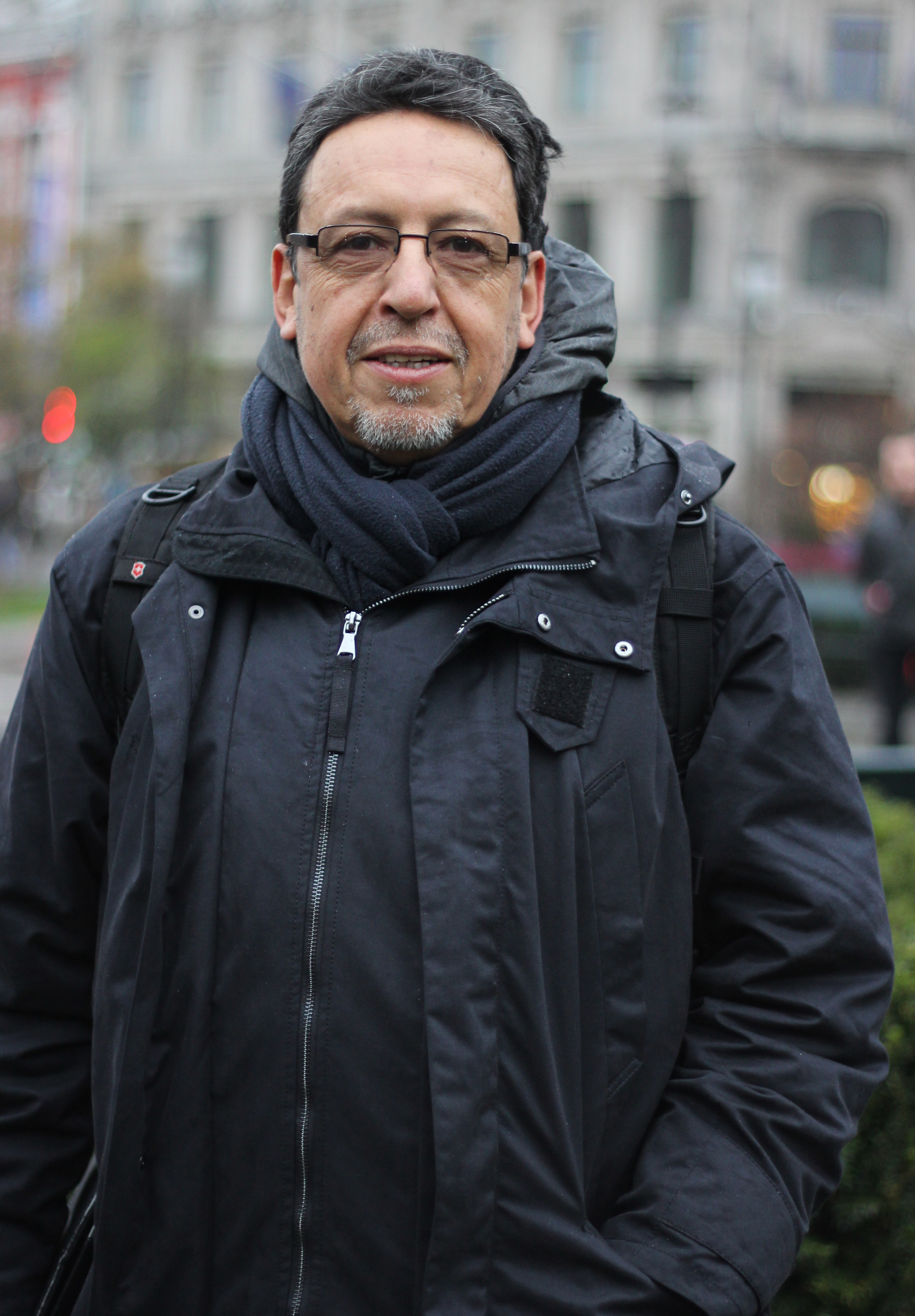TRACE-participant Paula Andrea Vidal has interviewed Tulio Vargas from Internacional de Servicos Publicos about the challenges around tax-systems in the extractive industry sector in Colombia. He is also a TRACE-participant and tells how he wants to use the knowledge from the program in his home country.
– What are some of the important elements you learned about during the TRACE 2014-2015 program, relating to tax systems in the extractive industries?
– With regards to the extractive industries, the tax systems vary. The system multinational companies prefer the most is the system of royalties and taxes, because that way, they deduct royalty payments from their tax statement, as occurs in Colombia. Making payments in barrels of oil is a much more viable alternative that allows the country to sell the oil in world markets directly and have more control. Today, by means of transfer pricing systems, the extractive companies place their money in tax havens, where they evade taxes and make so much money that they make it impossible for other companies to compete. Transfer pricing consists of selling within a Company and declaring much lower income. Their money is sent to tax havens at world market prices. Companies have moved up to 20% of their gross earnings just by using instruments such as these. They have abused transfer pricing and derivatives constantly. Just by using that mechanism, the multinational extractive companies can potentially make any amount of earnings disappear. Financial derivatives work laterally with any physical contract. The earnings from oil are 10%. By using transfer pricing on 20% of gross earnings, they are avoiding all of the earnings. Transfer pricing involves income, prices that are too low, or costs and prices that are too high. One of the things that must be done is to prohibit these prices from differing from world prices, because when they do they generate fewer taxes, more corruption.

– Why do you think country by country reporting is important for companies in the extractive industry?
– Country by country reporting. For example: a multinational company, for which it is necessary to see its actions in the contexts of the various countries in which it operates. The report must be published in the company’s annual report, as part of the financial statements, and that way it will have no cost. It would take two more people to publish a couple of additional pages in the financial statements. Extended country by country reporting is a low-cost mechanism that should be obligatory. The impact would be felt when all companies produce them. It only makes sense when the company has paid. If there is more than one project in a country, the company should detail that, project by project. The EITI is a transparency initiative. The situation is that the EITI is only for the extractive industries while in France, banks, transportation and other industries, or all of them, could improve the reports of the multinational companies. It guarantees transparency. When the company can guarantee to tax authorities that they will be able to trace the company’s entire tax chain, it is because changes have taken place. Extended country by country reporting ensures that information is in line, allows for comparisons, and is from one company to other companies. With extended country by country reports, such as to the NY or EU stock exchanges in FR or London, there is the possibility for all countries to issue reports. If the country by country reporting is obligatory, and it is done, then companies will have to do it all over the world. It is the stock exchanges and legislation, and not the EITI process. Although it is very important, the EITI is voluntary and bilateral. Country by country reporting is obligatory and unilateral. The EITI does not have the power to do that.
– How do you think you will be able to use what you learned during the TRACE 2014-2015 program?
– The TRACE program can be used in several ways. First, what was established in the work timeline, which implies the construction of a communication strategy to make known how the extractive industries throughout the world evade taxes and send their earnings to tax havens, thus committing crimes against the country by not acknowledging their social responsibilities. At the same time these companies spend billions of dollars on publicity campaigns in which they create the illusion that they are fulfilling their social commitments. They prepare corporate social responsibility plans, from which they earn, and in addition these are instruments used to deduct taxes. So we have a very clear double standard. Likewise, what we’ve learned can be the basis for further research on this issue, taking the case of Colombia and comparing it with other countries in Latin America and relating it to cases such as Norway as a point of reference.
In this process, and by building alliances and expanding the field of action, it is necessary to generate advocacy with the national government to ensure concrete achievements in legislative terms or administrative decisions geared to lifting the secrecy that exists regarding costs (just through 2011 in Colombia, the multinational extractive companies informed the DIAN in greater detail); to controlling financial transfers (in Colombia there was a tax on transnational company earnings); on making extended country by country reporting law. For the unions it is very important to participate because it is the most important organization of the social movements. It will also be necessary to construct a space for PWYP in Colombia, in order to enable greater autonomy and guarantee the presence and development of more spaces for discourse.
